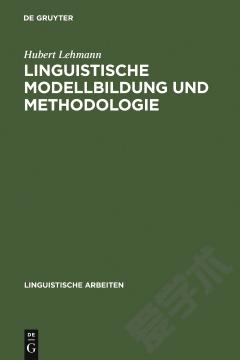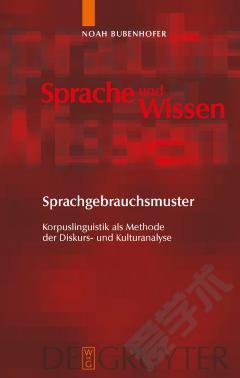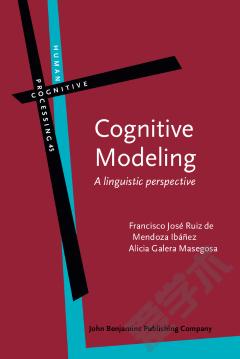Analogical Modeling. An exemplar-based approach to language.
Analogical Modeling (AM) is an exemplar-based general theory of description that uses both neighbors and non-neighbors (under certain well-defined conditions of homogeneity) to predict language behavior. This book provides a basic introduction to AM, compares the theory with nearest-neighbor approaches, and discusses the most recent advances in the theory, including psycholinguistic evidence, applications to specific languages, the problem of categorization, and how AM relates to alternative approaches of language description (such as instance families, neural nets, connectionism, and optimality theory). The book closes with a thorough examination of the problem of the exponential explosion, an inherent difficulty in AM (and in fact all theories of language description). Quantum computing (based on quantum mechanics with its inherent simultaneity and reversibility) provides a precise and natural solution to the exponential explosion in AM. Finally, an extensive appendix provides three tutorials for running the AM computer program (available online).
{{comment.content}}








 京公网安备 11010802027623号
京公网安备 11010802027623号